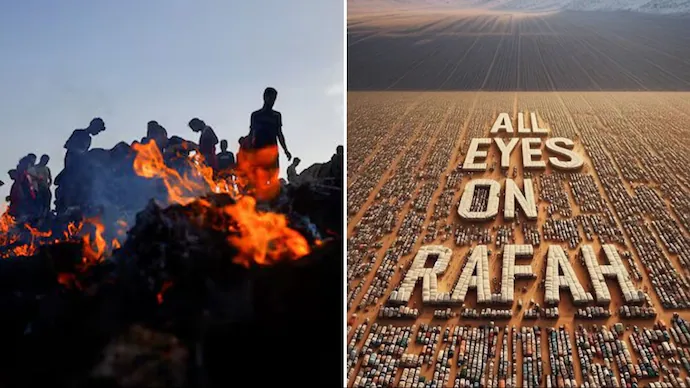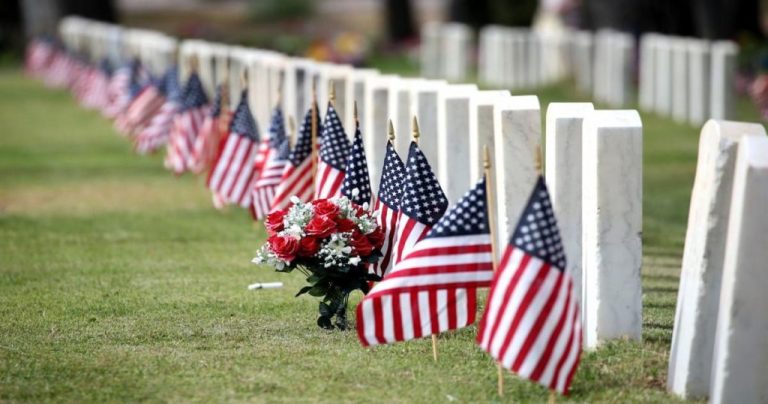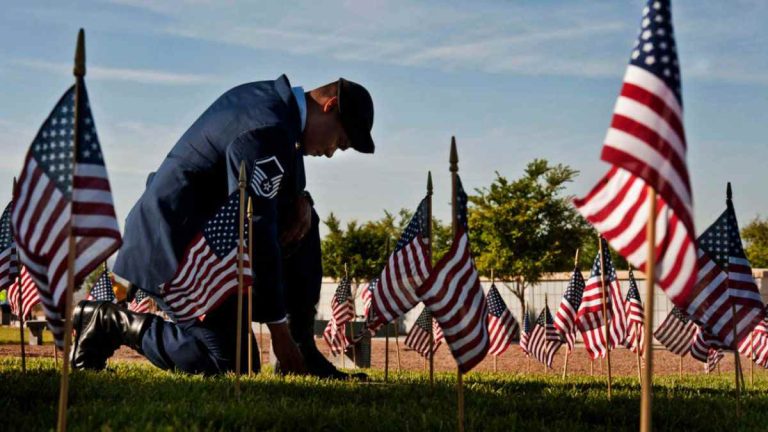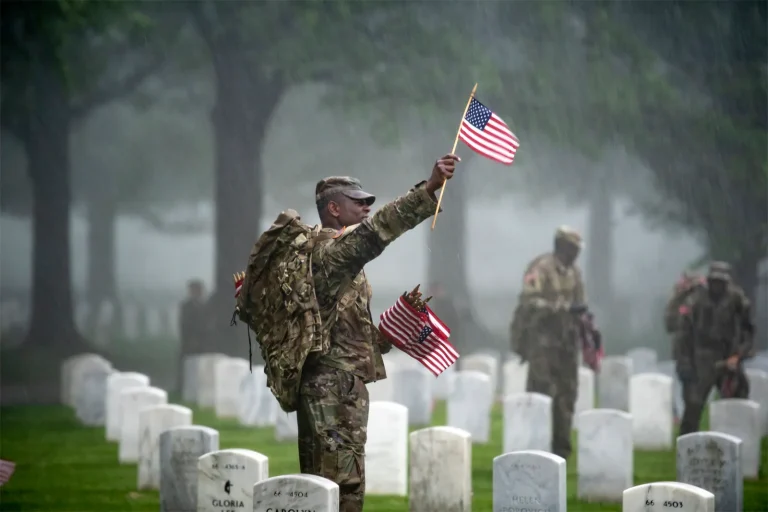All Eyes on Rafah: A City Under Siege
Introduction
Rafah, a city situated at the southern tip of the Gaza Strip bordering Egypt, has once again become the focal point of intense conflict. The ongoing violence has drawn international attention and concern as Israeli forces intensify their military operations in the area. This article delves into the recent developments in Rafah, the humanitarian impact, and the global response to the escalating crisis.
Recent Developments
In recent weeks, Rafah has witnessed a significant escalation in hostilities. Israeli forces have launched a series of airstrikes and ground operations targeting various locations within the city. The most devastating of these strikes occurred over the past weekend, resulting in the deaths of nearly 50 displaced Palestinians, including women and children, who were sheltering in tents. This attack has been widely condemned and has sparked outrage both locally and internationally (source).
On Tuesday, another airstrike targeted a tent camp in a designated “safe zone” west of Rafah, killing at least 21 people, including 13 women and girls (source). This incident has further exacerbated the humanitarian crisis in the region, with displaced Palestinians now facing even greater peril.
Humanitarian Impact
The humanitarian situation in Rafah is dire. Thousands of Palestinians have been displaced from their homes and are now living in makeshift tent camps, which have proven to be far from safe havens. The destruction of these camps by Israeli bombardments has left many without shelter, food, or medical care. The United Nations Relief and Works Agency for Palestine Refugees in the Near East (UNRWA) has been struggling to provide aid to the affected populations, but the continuous attacks have severely hampered their efforts (source).
The destruction of infrastructure, including hospitals and schools, has further compounded the crisis. Medical facilities are overwhelmed with casualties, and there is a severe shortage of medical supplies. The lack of clean water and sanitation facilities has also raised concerns about the potential outbreak of diseases.
Global Response
The international community has expressed deep concern over the situation in Rafah. There have been numerous calls for an immediate ceasefire and for both parties to engage in dialogue to de-escalate the conflict. The United Nations, the European Union, and various human rights organizations have condemned the attacks on civilian targets and have urged Israel to exercise restraint.
The Biden administration, while acknowledging the severity of the situation, has stated that the recent strike in Rafah did not cross its “red line” for Gaza. This stance has been met with criticism from various quarters, with many arguing that the U.S. should take a firmer position in advocating for the protection of civilians and the adherence to international humanitarian law (source).
Conclusion
The situation in Rafah remains volatile, with the humanitarian crisis worsening by the day. As the world watches, there is an urgent need for concerted international efforts to bring about a ceasefire and to ensure the protection of civilians. The plight of the people of Rafah underscores the broader need for a lasting resolution to the Israeli-Palestinian conflict, one that addresses the root causes of the violence and paves the way for a just and enduring peace.






